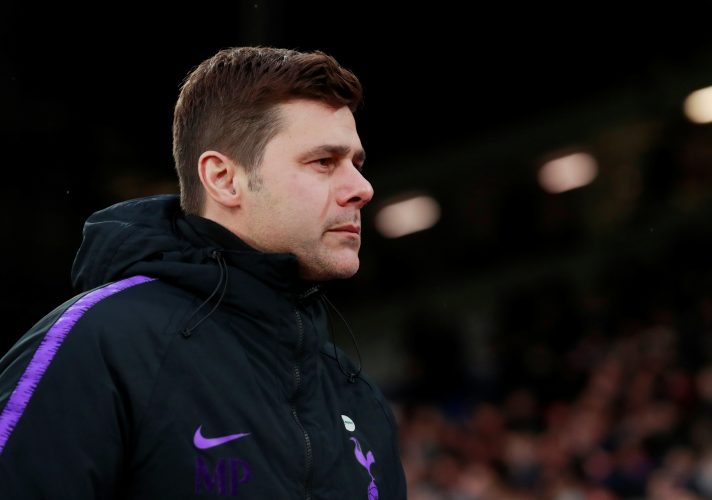REVEALED: Why Manchester United Decided Not To Sign Mauricio Pochettino
Tottenham Hotspur made history on Wednesday night, as they scored three goals to complete an unbelievable comeback against Ajax to win the tie and proceed to the final of the UEFA Champions League.
Mauricio Pochettino was hailed by one and all for facilitating the victory, with his team’s European campaign being all the more impressive considering he wasn’t allowed to sign any players in the 2018 summer transfer window.
Looking at the Argentinian’s heroics, one does wonder why Manchester United chose to pass up the chance to secure his services come summer and appoint Ole Gunnar Solskjaer as the full-time manager instead.
Solskjaer was named the permanent gaffer on March 28, thanks to his impressive record of 14 wins from 19 matches during his interim spell, which also involved cutting down the gap on fourth place from 11 points to two, and an amazing comeback against PSG.
RELATED:
https:/2019/05/09/what-fans-are-saying-about-pochettino-after-tottenhams-historic-semi-final-win/
However, the Norwegian tactician has since lost control of the ship he had initially steadied, and his side has managed to win just two of the last 11 games played in all competitions.
Now, Manchester Evening News have revealed why the Red Devils opted to sign Solskjaer instead of recruiting Pochettino, and it all comes down to money: Manchester United were reluctant to shell out Pochettino’s humongous compensation package.
RELATED:
https:/2019/05/08/solskjaer-to-kick-anthony-martial-out-of-manchester-united-due-to-poor-attitude/
The report indicates that Spurs chairman Daniel Levy would have demanded at least £40 million for Poch, which would have been a world record fee for a managerial signing.
Therefore, the Mancunians never really cared to make an official approach for the Londoners’ boss, and instead went ahead with the permanent appointment of Ole.
For Solskjaer, the Old Trafford club had to cough up peanuts in comparison. They paid two installments of £500,000 each to Molde, one for the super-sub’s interim services, and the second for his full-time switch.

